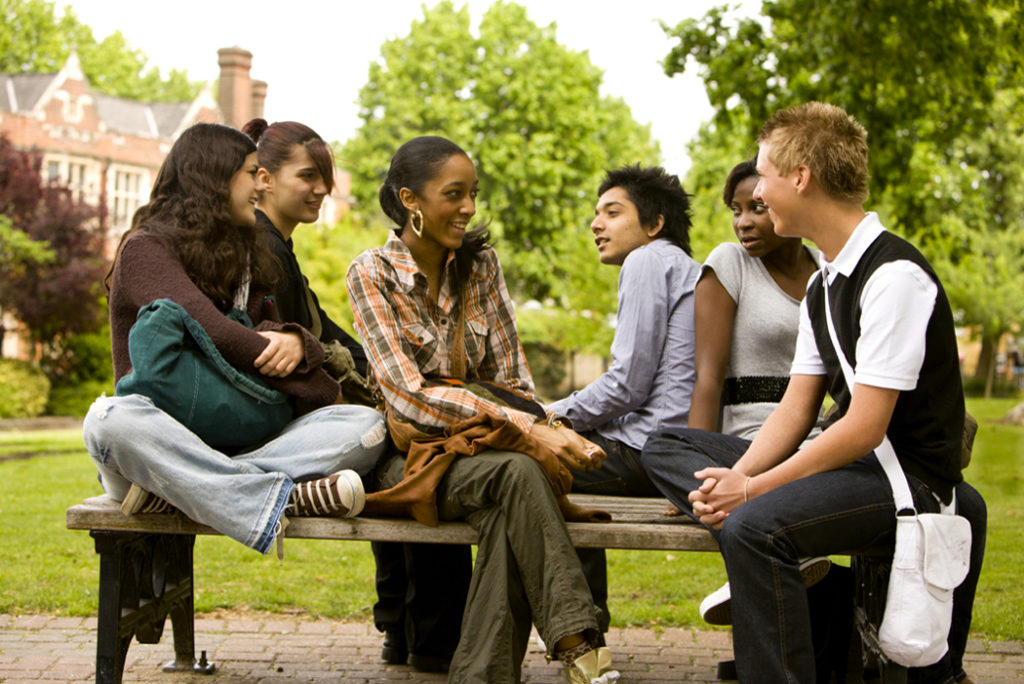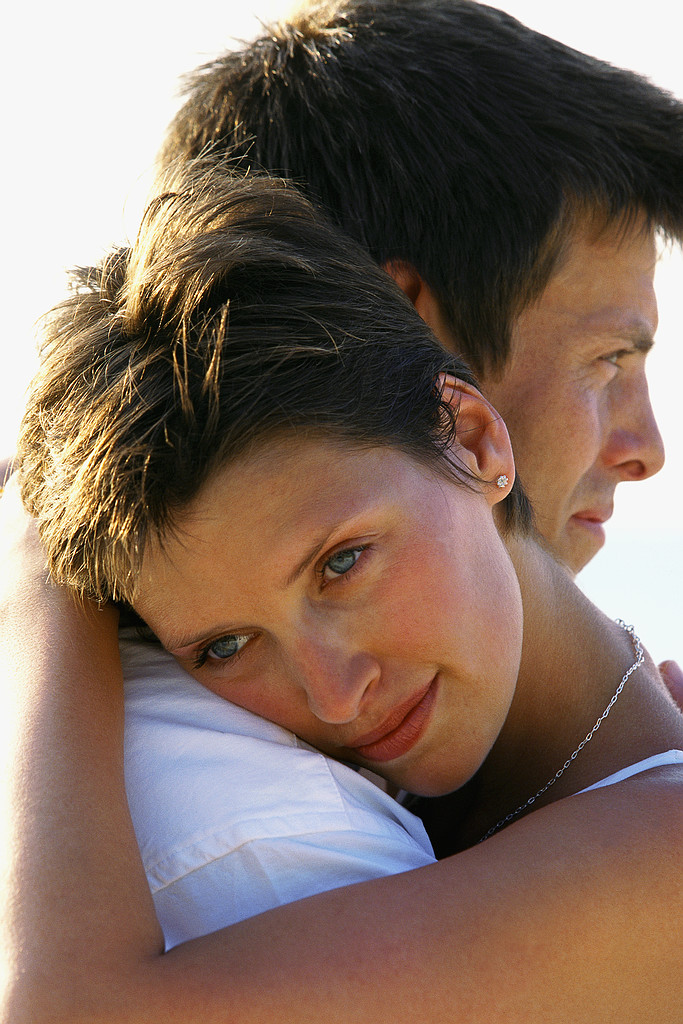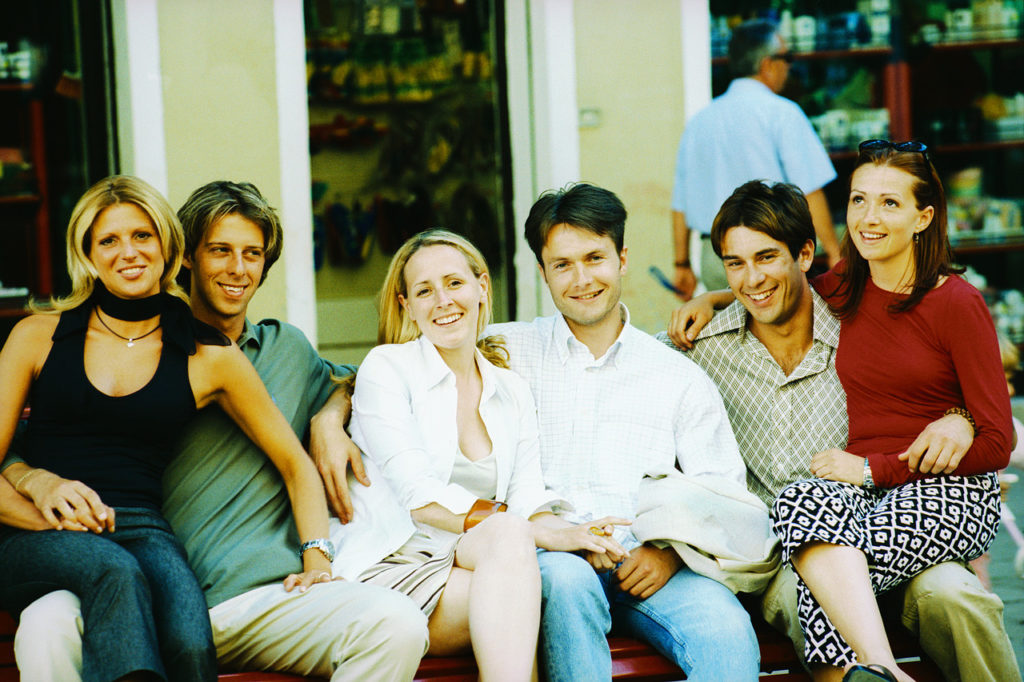True Love
Let’s face it: whether we want to admit it or not, most of us hold a very idealized concept of love. We tend to think that love should be romantic, sexual, exciting and immediate. We want it to fulfill our needs, to last forever, and to be without challenges. In our ideal, the object of our love should be pleasing to the eye, infinitely compassionate and patient with our shortcomings, and virtually without fault or weakness.
Ah, that it were this way! Life should be so easy. And in today’s world, our music, movies, television and advertising bombard us with images of instant love to the point where it is often difficult to keep an awareness that these fantasies are not how life really is. The constant media suggestions that love should be quick and easy can deeply erode our understanding of reality and leave us dissatisfied with love, instead of determined to commit to it and grow in it.
In the background, as I sit in Arsaga’s writing this, I hear the old song: “I wanna know what love is; I want you to show me. I wanna feel what love is; I want you to show me….I want to feel you by my side….” Song after song plays—songs we’ve all enjoyed over time—each one with the word “want” juxtaposed with the word “love” to the extent that we have become desensitized to the difference between the two.
But what is love, really? And what is to want? Certainly we can’t and shouldn’t give up our needs. And it is human and natural to want to receive love—to have someone who cares for us unconditionally. Yet it’s important to distinguish what are real needs, how they are different from wants, and how both are different from love. And, it is also human, regardless of our needs and wants, to have the desire to be above those pulls, and to give our best to another—to be a loving person.
So how can we extract ourselves from the fantasies and bindings of media-oriented, self-centered, instant-gratification-oriented, want-based definition of love which wishes primarily to receive…and get with the real thing? How can we create lasting love that gives and receives, that satisfies and nurtures, and that experiences oneness with the other through thick and thin?
True love is available to us all, although it is surely not defined as the media generally portrays it. Getting our own definition of love will take us a long way towards creating it. Recognizing what our own roles and expectations are, and how we need to strengthen and/or alter them, will also help. We can have real love–love that is sustained, love that evolves over time, love that expands. But we need to know what that means in a reality-based definition, and then determine what attitudes and actions can make it real in our lives.
In order to start to get a handle on real love, we have to start with the idea that it involves real people: the you and me of every relationship—two humans complete with their own set of strengths and weaknesses. I once saw a wonderful play called Personals, a series of vignettes about couples, who had met through the newspaper personal ads, as they got to know each other. One story was particularly humorous. The man and woman were moving in together, both bringing their own baggage—suitcases, trunks, boxes. As each unpacked, situations and relationships that were a part of their past—their emotional baggage—surfaced out of every container and began to interact with the new couple. Soon the stage was filled with numerous characters vying for the attention and energy of both the man and the woman, ending with a cocophany of interfering and noisy competitors to the romance which each had expected.
And so it is in real-life love. When we first meet, and we are in that romantic phases, we have dreams and fantasies which appear to match—until we start clarifying our definitions. And we are drawn to the others’ strengths and qualities which we lack—until they become overbearing and lose their cuteness. But frankly, that is when love begins—true love. That is when love, the only thing which is actually relevant and essential in life, actually begins to be established.
One of my favorite wise people, Meher Baba, spoke often of love. He said, “Love is essentially self-communicative; those who do not have it catch it from those who have it. Those who receive love from others cannot be its recipients without giving a response which, in itself, is the nature of love. True love is unconquerable and irresistible. It goes on gathering power and spreading itself until eventually it transforms everyone it touches.” But he also said, “Love is no game for the faint-hearted and weak; it is born of strength and understanding.”
These two great quotes, to me, contain the kernel of truth out of which the gestation of love occurs. The first says that love not only spreads to others, but comes back to us when we give it out. It is a cycle that is guaranteed to return. In our humanness, we so often want love to come to us before we are willing to return it. But real love is willing to give spontaneously, naturally, and the results are inevitably that it will be returned. This doesn’t mean that it will be instant or without struggle, but the law of cause and effect is still there. It also doesn’t mean we shouldn’t love and take care of ourselves—for how can we give that which we do not own? “Love thy neighbor as thyself,” not instead of thyself. As we radiate that love through ourselves, allowing ourselves to receive it even as we give it, we are nurtured from within, it spreads to others, and naturally is mirrored back.
The second quote helps us be aware that there are times we have to draw on our own inner strength and understanding rather than relying on it coming from outside of us in order to launch that cycle of love. So often we want the other to forgive first, to apologize first, to listen first, or be the first to make up. We don’t want to exercise our own strength in being loving; we want the other to be unconditional before we’ll be unconditional. Thus, even when we feel we are right, or that we have been wronged, if we overcome the weakness that would have us keep separate, and gather our own inner resources to launch the cycle of love, it will be launched. The buck starts here.
Real life presents us with people to love who challenge us at every turn, who are often inconsiderate, and who have, at least apparently, many more weaknesses and errors than we do. So faced with such imbalances and inequities, how can we have real love? We choose it. We decide to be loving regardless of the situation. We gather our strength and offer our understanding, and do our best to follow the guidelines set forth through the centuries to “love one another, for love is of God.” This is true love. And it will come back to us.











